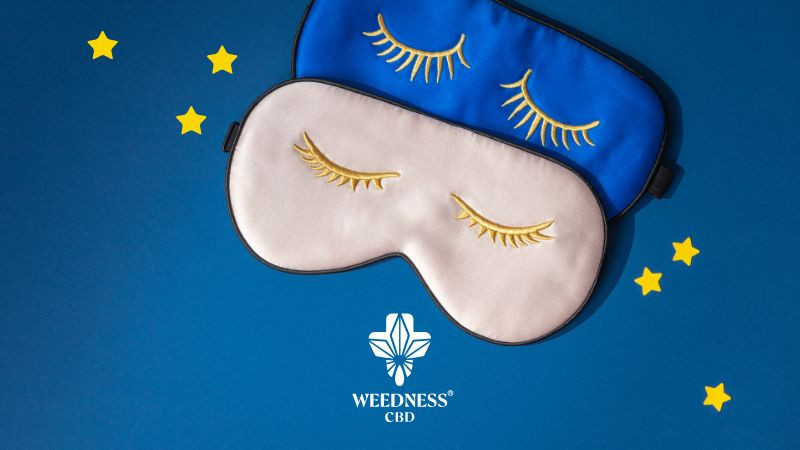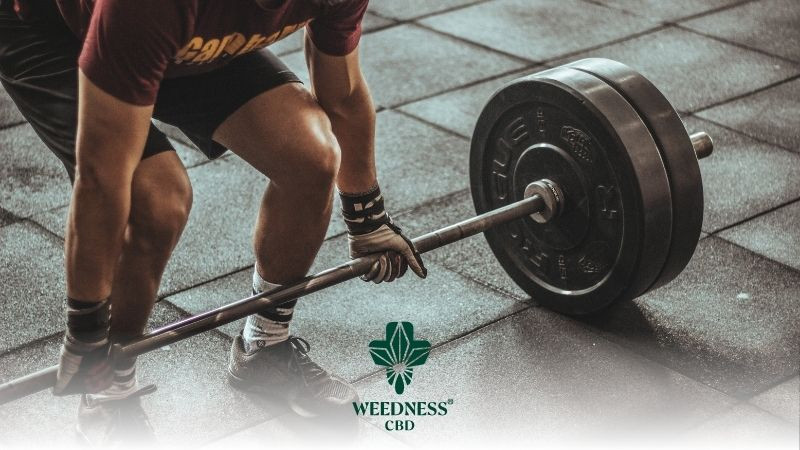Can You Use Oral CBD Oil Topically?
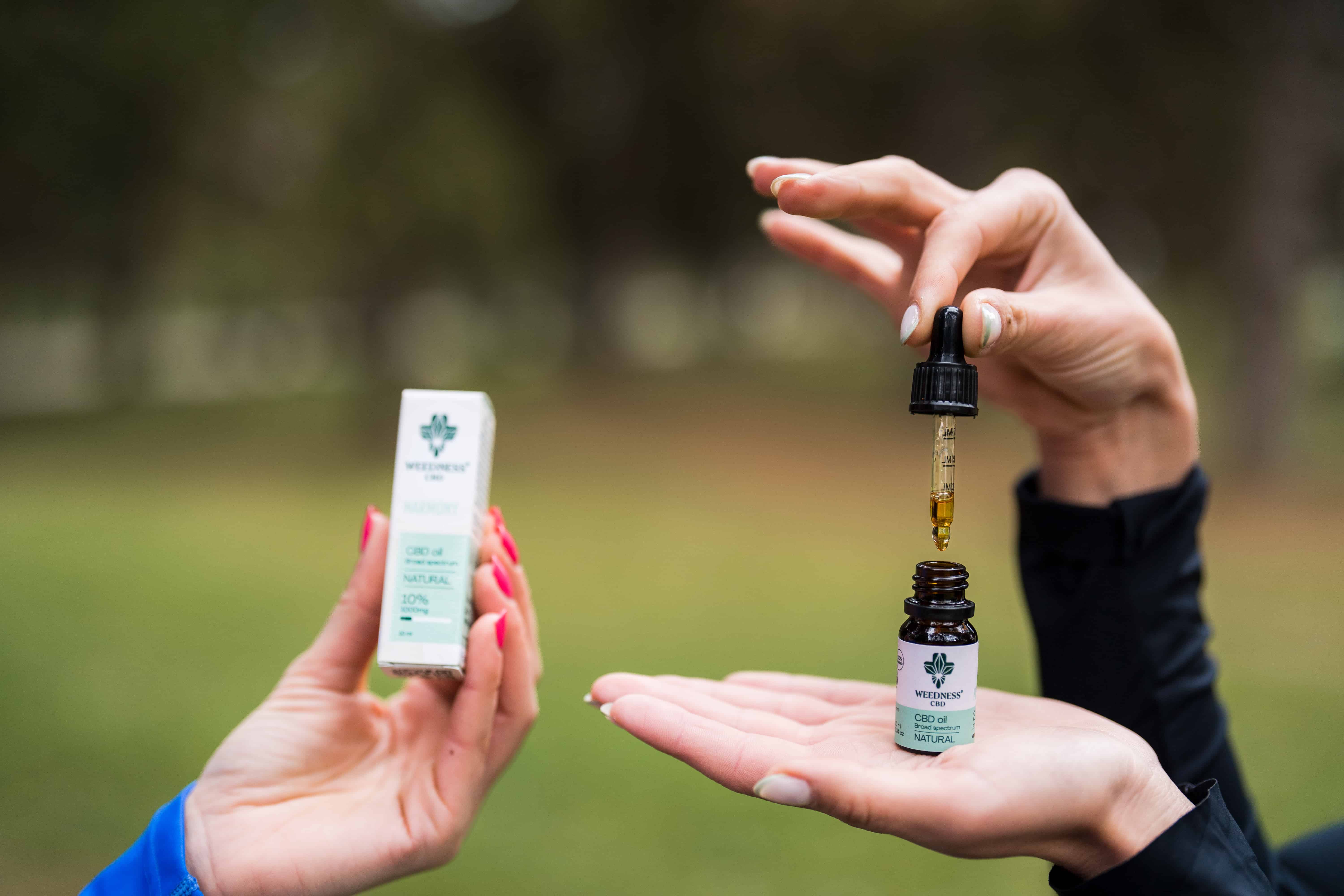
CBD consumption involves understanding its diverse applications. From oils and gummies to soothing lotions, each method offers distinct advantages. But when it comes to targeted relief and skincare, the question is, "Can you use oral CBD oil topically?" No! The short answer is that when you apply oral CBD oil to the skin, it does not have the right components to bond to the skin or absorb.
Topical CBD products, such as creams and balms, are specifically designed for application on the skin. They may offer several potential benefits, including reducing skin inflammation, managing acne, controlling sebum production, and alleviating joint and muscle pain.
Read more if you're excited to learn more about CBD oils and understand the profound answer about using oral CBD topically!
Using Oral CBD Oil Topically: Will This Benefit You?
Oral CBD oils can be consumed by swallowing or dissolved slowly under the tongue and then ingested directly into the bloodstream to relieve the body. You can use one of the benefitting Oral CBD gummies to get rid of insomnia.
.jpg)
Can you use oral CBD topically?: When you apply oral CBD to the skin, it does not have longer impacts on the skin. You can topically use CBD products such as creams and balms. Although you can theoretically apply oral CBD oil to your skin, it may be ineffective due to poor absorption.
CBD oils mix hemp extract and a carrier oil, such as MCT coconut or hemp seed oil, designed as an oral supplement. Therefore, if you want to experience relief from pain in a specific area of your body or want to treat a skin issue, it is better to use a topical cream.
How Does CBD Work When Applied Topically?
CBD topicals interact with endocannabinoid receptors on the skin to promote the function of the skin organ. Because CBD enters the bloodstream when applied topically, it only offers localized assistance.
Topical CBD oil is used on the skin in a specific area where the skin condition is severe. It aims to relieve areas that may differ from the surrounding regions. Topical cream for skin illnesses, including eczema and psoriasis. Balms or oils to recover from muscle and joint pain.
Application of Topical CBD: If you apply a topical CBD product, then it works over the skin and touches with the cannabinoid receptors, but in limited quantities. Topical CBD, such as creams, balms, lotions, and salves, work for external application for specific body areas such as the joints or muscles.
For a better understanding, check the above description: Can you use oral CBD oil topically? Now, scroll down below to learn about the most commonly asked question: whether you can use tinctures on the skin.
Can Tinctures Be Absorbed Through the Skin?
Tinctures are primarily consumed orally, dropped under the tongue, and introduced into the blood system through mucous membranes. Yet, they must be designed to be better ingested through the skin. When put on the skin, they do not contain enough substances to guarantee proper absorption and efficiency.
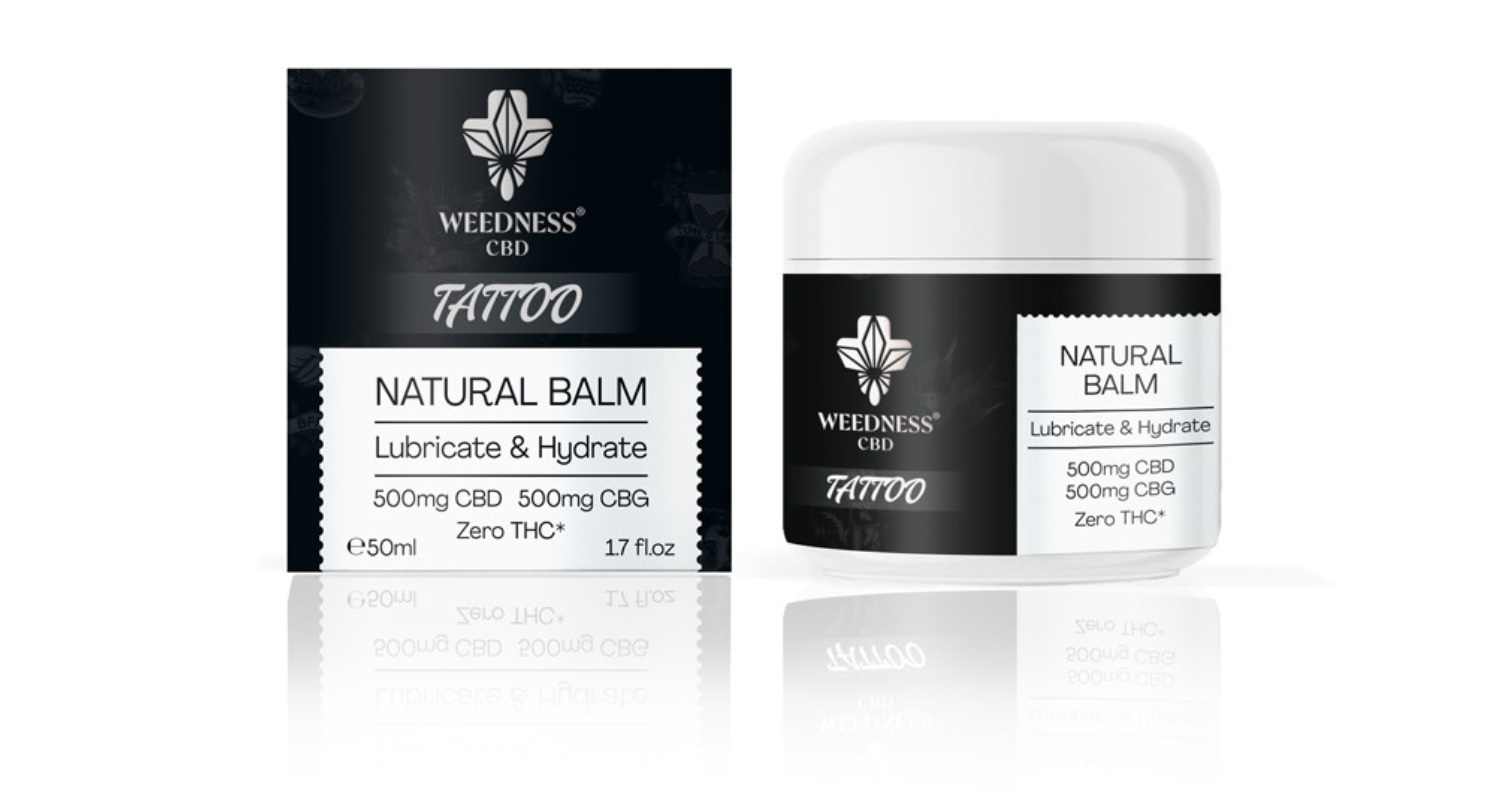
Topical ointment forms like creams, balms, and salves are particularly formulated for use on the skin. The products include other components that enhance the absorption of CBD into the skin and the endocannabinoid receptors found in the outside layer of the skin. They also enable delivering localized healing to specific areas such as aching muscles, joints, or skin injuries.
You may apply a Tincture through the skin, but this is inefficient and not the intended use of a tincture. Tinctures contain alcohol or oil solutions that cannot cross the skin's outer layer. Additionally, tinctures' concentration and delivery methods are not for directly applying to the skin. Applying it topically with the help of a tincture is counterproductive and will not help use the product's potential.
Side Effects Of Hemp Oil On Skin
Some people believe that hemp seed oil, extracted from the seeds of the hemp plant, is non-hazardous to use externally.
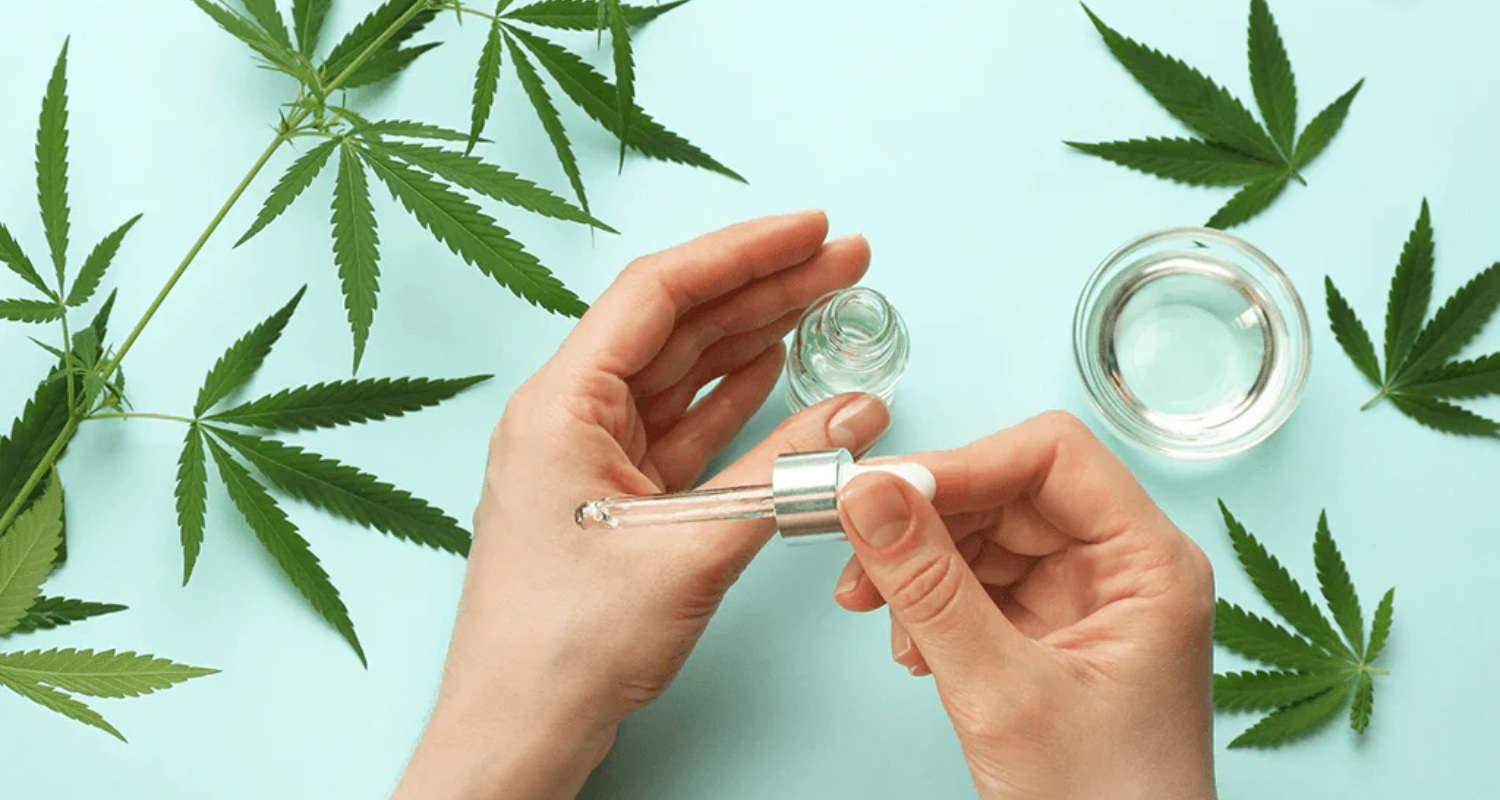
However, some people will still experience some side effects.
-
Allergic Reactions: One cannot afford allergic reactions to hemp oil, but this might rarely be the case. They may be simple or complicated and present symptoms like erythema or itching. Be cautious and consult a doctor if you face any issues.
-
Skin Irritation: One unfavorable repercussion of applying hemp oil is skin rashes, particularly among susceptible persons. Such discomforts may manifest as dryness, itchiness, or a burning sensation.
-
Breakouts: Hemp oil is non-comedogenic, does not clog the skin, and does not cause acne. In theory, however, it proves to clog the skin pores, thereby causing acne or breakouts, especially for consumers whose skin is mainly oily or has an acne skin type.
-
Interaction with Other Products: Hemp oil must, therefore, be administered unadulterated; when mixed with other substances, it will be ineffective or have severe consequences. It is also necessary to specify that this product can contain only pure hemp oil; if the analyzed product contains any other contaminants, it may hurt the skin.
To avoid the side effects mentioned above, you must use topical hemp oil on your skin or face in small doses purchased from a known brand and monitor the outcomes.
Choose What Suits You the Best: Oral v/s Topical CBD Oil.
Oral CBD oil refers to consuming CBD in liquid form, while ingestible CBD oil is taken orally. When you consume CBD, that is, it passes through the gastrointestinal tract before entering the circulatory system, where it is effective in a more general manner. Oral CBD has possible effects on the whole body and can, therefore, be used to manage conditions such as stress, sleep loss, and chronic pain.
Oral CBD usually takes longer to show initial results because the gastrointestinal tract must absorb it before you experience the effects of oral CBD. However, the impact of oral CBD usually lasts longer than that of topicals.
Topical CBD, conversely, is absorbed through the dermal layers and influences the endocannabinoid system of the human body. This system has a receptor in the skin that allows CBD to be absorbed. While the ingestion of CBD applies the substance into the bloodstream at high concentrations, the topical application does not. But, as mentioned above, it only provides relief for the area where it is applied and not all over the body. Also, the question: can you use oral CBD topically? It will help you make an accurate decision on which is better for you.
You can use Muscle Relief Balm if you are suffering from swelling and pain, also known to be effects of inflammation. CBD can help alleviate this since it is an anti-inflammatory drug. Furthermore, it has properties that help to reduce inflammation and improve muscle pain. As a result, you can select oral methods to use topically to cover the onset duration quickly.
FAQs
1. Can CBD oil be used topically and ingested?
A. You can use CBD oil topically and orally. Applying topical products addresses skin conditions and localized pain while ingesting, offering systemic advantages like less anxiety and better sleep. However, as formulations for topical treatment and ingestion might differ significantly, make sure the medicine is for both uses.
2. Where do you apply CBD oil topically?
A. Topically apply CBD oil to regions that require treatment, such as irritated skin, aching joints, or sore muscles. The neck, shoulders, knees, elbows, and lower back are common application areas. Before applying, ensure the skin is clean and dry for the best absorption and efficacy.

